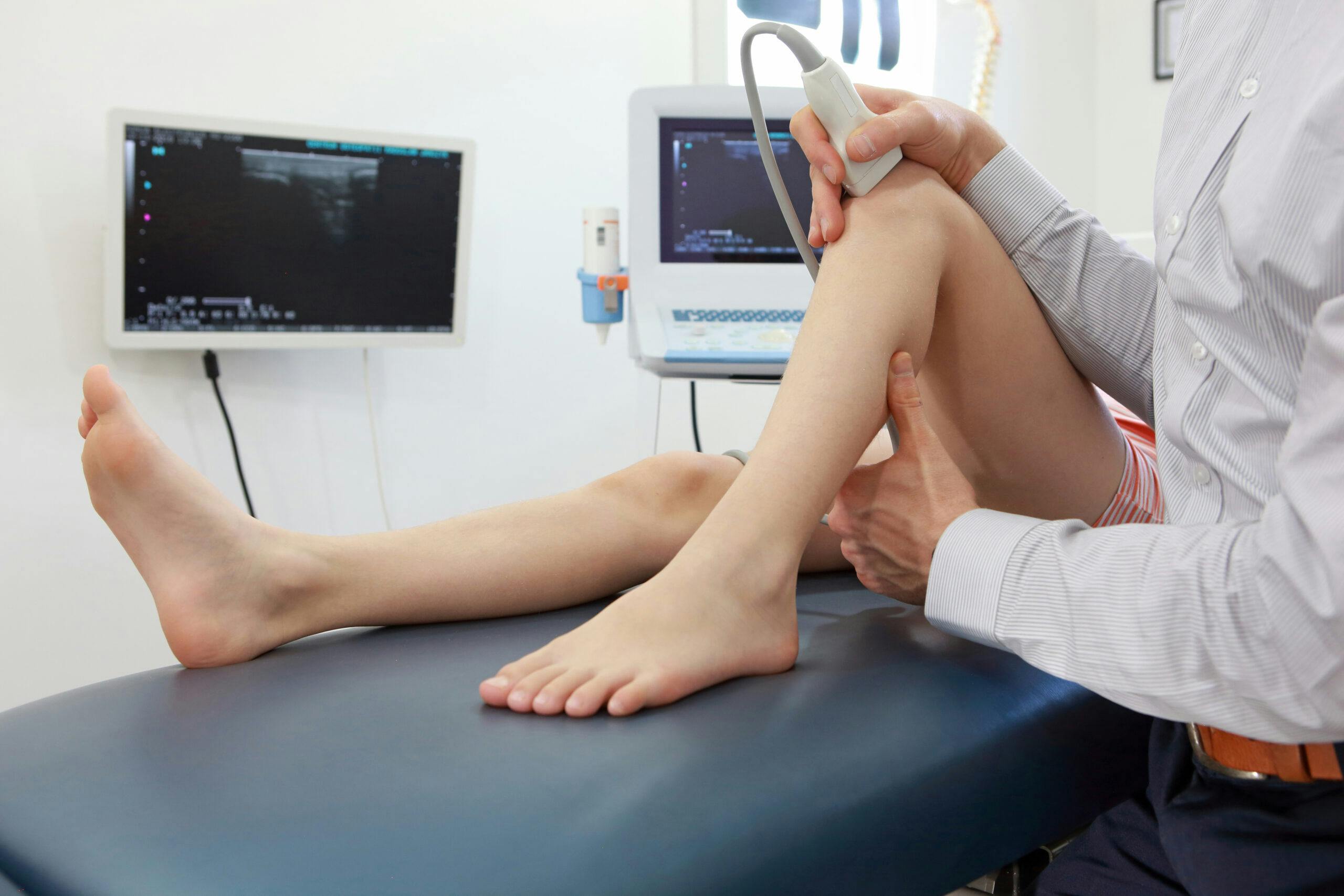- Blog
Opioid-Free Surgery: Is It Really Possible?
Posted on 12-12-2025 in Opioid-Free Surgery by Dr. Chris O'Grady

Posted on 12-12-2025 in Opioid-Free Surgery by Dr. Chris O'Grady
The United States is in the midst of an opioid epidemic on-par with some of the worst drug scourges in its long history; lawmakers across the country are doing everything they can to combat the spread of opioid addiction and overdose deaths. To that end, Florida lawmakers recently passed HB 21, a new law that went into effect on July 1st and has significantly changed how physicians in the state of Florida prescribe narcotics to their patients. Under the new law, providers are limited to prescribing three-day supplies of narcotics, unless certain specific exceptions are met that allow a provider to prescribe longer-term prescriptions, up to seven days. Additionally, subsequent refills for narcotic pain medication will require the treating physician to re-examine their patient and determine whether or not there exists a medical reason to continue taking the drug. The only exceptions to these prescribing limitations are for pain stemming from cancer, terminal illness, palliative care, or traumatic injuries with an Injury Severity Score higher than 9.
In addition to limiting the amount of opioid pain medication that can be prescribed, HB 21 also requires prescribing physicians to check their patient’s prescription history in the Florida Prescription Drug Monitoring Program database for any suspicious activity. This database allows physicians and their designated representatives to determine how many opioid prescriptions a given patient has filled in the previous twelve to eighteen months. If a provider is uncomfortable with their patient’s prescription drug history, the law empowers them to refuse writing additional prescriptions for that patient. If a provider fails to checks the prescription drug monitoring database before writing a prescription for narcotic pain medication, they could face discipline from the State Medical Board, up to and including the loss of their license.
Finally, HB 21 earmarks over $50 million dollars for use in the fight to end the opioid epidemic plaguing our state. The bill provides for these funds with three primary goals: 1) bolstering treatment options for those addicted to opioids; 2) providing naloxone, a powerful overdose reversal drug, to the paramedics, police, and firefighters who respond to overdose calls; and 3) enhancing the capabilities of the now-mandatory Florida Prescription Drug Monitoring System.
Opioid-Free Surgery?
While opioids—a class of drugs that includes codeine, morphine, fentanyl, hydrocodone, and methadone—are effective at alleviating pain, they are also highly addictive and can have dangerous side effects. In fact, many opioid use disorders begin with a prescription from a physician to treat legitimate pain, but these drugs are so addictive that patients can quickly find themselves dependent on the drugs. At O’Grady Orthopaedics, we believe that the use of narcotic pain medication should be limited to the absolute minimum amount necessary for pain alleviation. We believe that advances in surgical and anesthesia techniques, coupled with the effective use of non-opioid pain relievers, can allow the vast majority of our patients to undergo an operation free from opioids.
Advanced Techniques in Surgery
There are two major advancements in orthopaedic surgery that allow patients to undergo an operation with no or very limited reliance on narcotic pain medication: the refinement of surgical techniques and the proactive use of nerve blocks during surgery. Advancements in the ability to do more surgeries arthroscopically, and the ability of experienced surgeons to perform minimally invasive techniques will reduce the patient's reliance on opioids to control their pain. As these techniques are further perfected and refined, patients can expect to experience even less post-operative discomfort.
The second advanced technique that helps limit the use of opioids in controlling post-operative pain is the development of prophylactic nerve blocks. These are injections of numbing medication near a surgical site that offer pain relief for up to 96 hours following surgery, which is the most critical window in pain management. There are also delayed-release devices that deliver numbing medication to specific nerves in or around a joint over a longer period of time that can be incorporated into a post-surgical pain management plan. This proactive approach to pain management significantly decreases a patient’s reliance on narcotic pain medication because they are able to achieve lasting pain management via non-narcotic means.
Non-Narcotic Pain Relievers
Despite the advanced techniques discussed above, it is still likely that you will need some kind of analgesic medication following surgery. In that case, there are a number of non-narcotic pain medications that can be used just as effectively as narcotics, without the damaging side effects. Examples of these include acetaminophen and non-steroidal anti-inflammatory drugs (NSAIDs) like ibuprofen or naproxen. These medications, when deployed in combination with the techniques discussed above, can be very effective in controlling pain and allow many patients to recover from surgery without the use of narcotics.
Opioid-Free!
Battling the opioid epidemic ravaging our country and state requires the active engagement of the medical community. The use of non-narcotic pain relievers, coupled with the advanced surgical and anesthetic techniques used in our clinic, will allow most, if not all, of our patients to recover from surgery free from narcotics. While there are certain situations in which narcotics are the only option, the science around surgery advances every day and we believe that soon all of our patients’ pain will be managed without reliance on these drugs.

September is Healthy Aging Month, an observance dedicated to promoting the positive aspects of growing older and encouraging proactive steps toward maintaining long-term health. In its 33rd year, Healthy Aging Month inspires adults of all ages to focus on lifestyle habits that support vitality, independence and overall well-being.

Musculoskeletal ultrasound imaging offers orthopaedic patients safe, painless, and real-time imaging, without any harmful ionizing radiation or the need for uncomfortable positioning. As the first sports medicine physician in the region to utilize ultrasound for diagnostic and therapeutic purposes, Dr. Josh Hackel’s commitment to innovation has improved the accessibility of care for his patients.

According to the American Academy of Orthopaedic Surgeons, approximately 2 million older Americans sustain fractures yearly due to weak bones. By 2025, that number is predicted to rise to 3 million fractures annually. At North Florida Bone & Joint Specialists, we recognize the importance of maintaining strong bones, particularly as you age. In honor of Healthy Aging Month, the following tips can help you maintain, and even improve, your bone strength: